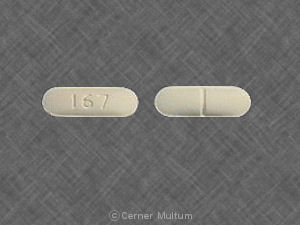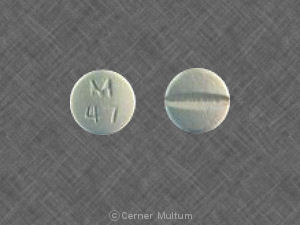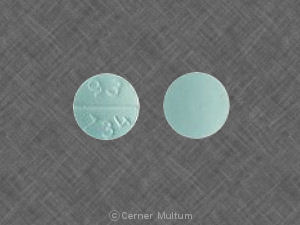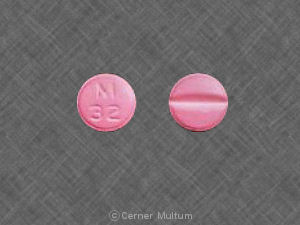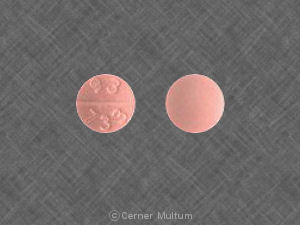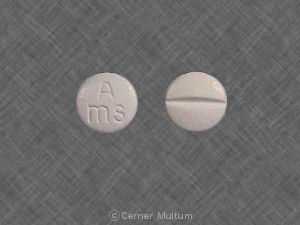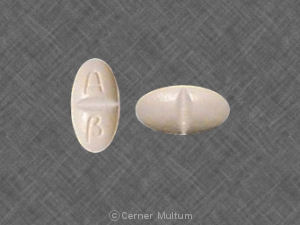What is the most important information I should know about metoprolol?
You should not use this medication if you have a serious heart problem (heart block, sick sinus syndrome, slow heart rate), severe circulation problems, severe heart failure, or a history of slow heart beats that caused fainting.
What is metoprolol?
Metoprolol is a beta-blocker that affects the heart and circulation (blood flow through arteries and veins).
Metoprolol is used to treat angina (chest pain) and hypertension (high blood pressure). It is also used to treat or prevent heart attack.
Metoprolol may also be used for other purposes not listed in this medication guide.
What should I discuss with my healthcare provider before taking metoprolol?
You should not use this medication if you are allergic to metoprolol, or other beta-blockers (atenolol, carvedilol, labetalol, metoprolol, nadolol, nebivolol, propranolol, sotalol, and others), or if you have:
- a serious heart problem such as heart block, sick sinus syndrome, or slow heart rate;
- severe circulation problems;
- severe heart failure (that required you to be in the hospital); or
- history of slow heart beats that have caused you to faint.
To make sure metoprolol is safe for you, tell your doctor if you have:
- asthma, chronic obstructive pulmonary disease (COPD), sleep apnea, or other breathing disorder;
- diabetes (taking metoprolol may make it harder for you to tell when you have low blood sugar);
- liver disease;
- congestive heart failure;
- problems with circulation (such as Raynaud's syndrome);
- a thyroid disorder; or
- pheochromocytoma (tumor of the adrenal gland).
It is not known whether metoprolol will harm an unborn baby. Tell your doctor right away if you become pregnant while using this medicine.
Metoprolol can pass into breast milk and may harm a nursing baby. Tell your doctor if you are breast-feeding a baby.
Metoprolol is not approved for use by anyone younger than 18 years old.
How should I take metoprolol?
Follow all directions on your prescription label. Your doctor may occasionally change your dose to make sure you get the best results. Do not take this medicine in larger or smaller amounts or for longer than recommended.
Take the medicine at the same time each day.
Metoprolol should be taken with a meal or just after a meal.
A Toprol XL tablet can be divided in half if your doctor has told you to do so. The half tablet should be swallowed whole, without chewing or crushing.
While using metoprolol, you may need frequent blood tests at your doctor's office. Your blood pressure will need to be checked often.
If you need surgery, tell the surgeon ahead of time that you are using metoprolol.
You should not stop using metoprolol suddenly. Stopping suddenly may make your condition worse.
If you are being treated for high blood pressure, keep using this medication even if you feel well. High blood pressure often has no symptoms. You may need to use blood pressure medication for the rest of your life.
Store at room temperature away from moisture and heat.
What happens if I miss a dose?
Take the missed dose as soon as you remember. Skip the missed dose if it is almost time for your next scheduled dose. Do not take extra medicine to make up the missed dose.
What happens if I overdose?
Seek emergency medical attention or call the Poison Help line at 1-800-222-1222.
What should I avoid while taking metoprolol?
Metoprolol may impair your thinking or reactions. Be careful if you drive or do anything that requires you to be alert.
Drinking alcohol can increase certain side effects of metoprolol.
What are the possible side effects of metoprolol?
Get emergency medical help if you have signs of an allergic reaction: hives; difficulty breathing; swelling of your face, lips, tongue, or throat.
Call your doctor at once if you have:
- very slow heartbeats;
- a light-headed feeling, like you might pass out;
- shortness of breath (even with mild exertion), swelling, rapid weight gain; or
- cold feeling in your hands and feet.
Common side effects may include:
- dizziness, tired feeling;
- confusion, memory problems;
- nightmares, trouble sleeping;
- diarrhea; or
- mild itching or rash.
This is not a complete list of side effects and others may occur. Call your doctor for medical advice about side effects. You may report side effects to FDA at 1-800-FDA-1088.
What other drugs will affect metoprolol?
Tell your doctor about all medicines you use, and those you start or stop using during your treatment with metoprolol, especially:
- prazosin;
- terbinafine;
-
an antidepressant --bupropion, clomipramine, desipramine, duloxetine, fluoxetine, fluvoxamine, paroxetine, sertraline;
-
an ergot medicine --dihydroergotamine, ergonovine, ergotamine, methylergonovine;
-
heart or blood pressure medications --amlodipine, clonidine, digoxin, diltiazem, dipyridamole, hydralazine, methyldopa, nifedipine, quinidine, reserpine, verapamil, and others;
-
an MAO inhibitor --isocarboxazid, linezolid, phenelzine, rasagiline, selegiline, tranylcypromine; or
-
medicine to treat mental illness --chlorpromazine, fluphenazine haloperidol, thioridazine.
This list is not complete. Other drugs may interact with metoprolol, including prescription and over-the-counter medicines, vitamins, and herbal products. Not all possible interactions are listed in this medication guide.
Where can I get more information?
Your pharmacist can provide more information about metoprolol.
Remember, keep this and all other medicines out of the reach of children, never share your medicines with others, and use this medication only for the indication prescribed.
Every effort has been made to ensure that the information provided by Cerner Multum, Inc. ('Multum') is accurate, up-to-date, and complete, but no guarantee is made to that effect. Drug information contained herein may be time sensitive. Multum information has been compiled for use by healthcare practitioners and consumers in the United States and therefore Multum does not warrant that uses outside of the United States are appropriate, unless specifically indicated otherwise. Multum's drug information does not endorse drugs, diagnose patients or recommend therapy. Multum's drug information is an informational resource designed to assist licensed healthcare practitioners in caring for their patients and/or to serve consumers viewing this service as a supplement to, and not a substitute for, the expertise, skill, knowledge and judgment of healthcare practitioners. The absence of a warning for a given drug or drug combination in no way should be construed to indicate that the drug or drug combination is safe, effective or appropriate for any given patient. Multum does not assume any responsibility for any aspect of healthcare administered with the aid of information Multum provides. The information contained herein is not intended to cover all possible uses, directions, precautions, warnings, drug interactions, allergic reactions, or adverse effects. If you have questions about the drugs you are taking, check with your doctor, nurse or pharmacist.
Copyright 1996-2018 Cerner Multum, Inc. Version: 16.04. Revision date: 3/25/2016.
